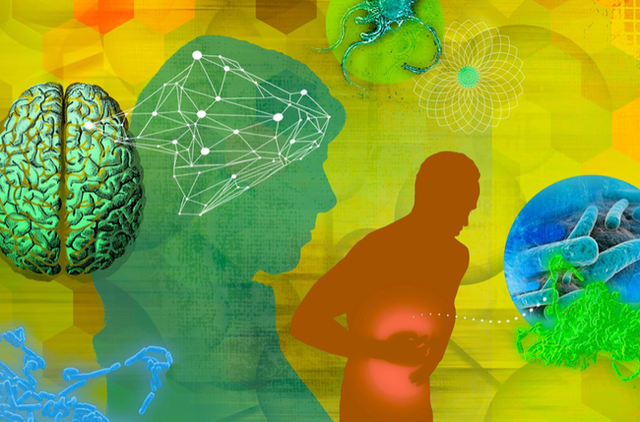 What is the difference between having a short-term, emotional crisis, an adjustment disorder, and long-term clinical depression? Well, in the hands of a sloppy mental health professional, the answer might be “nothing” — all three might be diagnosed as “major depression.” But is this really sloppy diagnosis (or, as researchers would call it, a “diagnostic challenge”), or a simple result of how mental health is typically reimbursed in the U.S.?
What is the difference between having a short-term, emotional crisis, an adjustment disorder, and long-term clinical depression? Well, in the hands of a sloppy mental health professional, the answer might be “nothing” — all three might be diagnosed as “major depression.” But is this really sloppy diagnosis (or, as researchers would call it, a “diagnostic challenge”), or a simple result of how mental health is typically reimbursed in the U.S.?
Researchers Monroe & Reid (2009) argue that clinicians and researchers need to do a better job in evaluating depression in context of a person’s life stress. Without doing so, they argue “one cannot determine whether or not the presenting condition represents an understandable response to adversity, an adjustment disorder, or a clinical syndrome indicative of a true psychological disorder.”
Not everyone develops depression after experiencing life stress. The researchers note there are many possible explanations for this, ranging from social support (having a good network of friends and family around you), personality characteristics, and genetic predisposition to suffer from the ill effects of stress. The last factor suggests a strong genetic-environmental interaction. It’s not enough just to have the genes that may predispose you to depression, you also need the life stress as well.
While life stress may indeed be importantly related to how depression forms in some people, I’m not sure it matters as much when helping a person deal with a depressive episode. It’s fine to recognize life stress as a potential necessary but not sufficient trigger for future episodes, but it generally is unhelpful for the current episode.
That’s because clinicians don’t get paid due to the accuracy of their diagnoses, I hate to say. They only get paid if they diagnose a mental disorder that’s reimbursable (under most people’s insurance plans). Many of those plans only cover “major” mental disorder, not minor ones such as “adjustment disorder,” and definitely not someone who comes into therapy and only wants to talk about their “understandable response to adversity.” So clinicians will most often err on the side of the most reimbursable diagnosis, even if they know it may not be the most accurate diagnosis.
So while researchers can debate such finer points until the cows come home, this kind of differentiation illustrates why there can exist a gap between academicians/researchers and clinicians. Researchers sometimes appear to live in a world where theoretical accuracy models and distinct differentiation between disorders is a Holy Grail to be pursued.
Clinicians, however, live in the trenches — trying to help their clients with appropriate diagnoses (which may not always be the most accurate), but also needing to be paid for their services (since most people aren’t willing to pay out of pocket the $80 to $180/hour fee most clinicians charge). This is a far messier world where nice little well-defined diagnostic categories can so readily break down. But it’s the real world where science is put into use.
Reference:
Monroe, S.M. & Reid, M.W. (2009). Life stress and major depression. Current Directions in Psychological Science, 18(2), 68-72.






